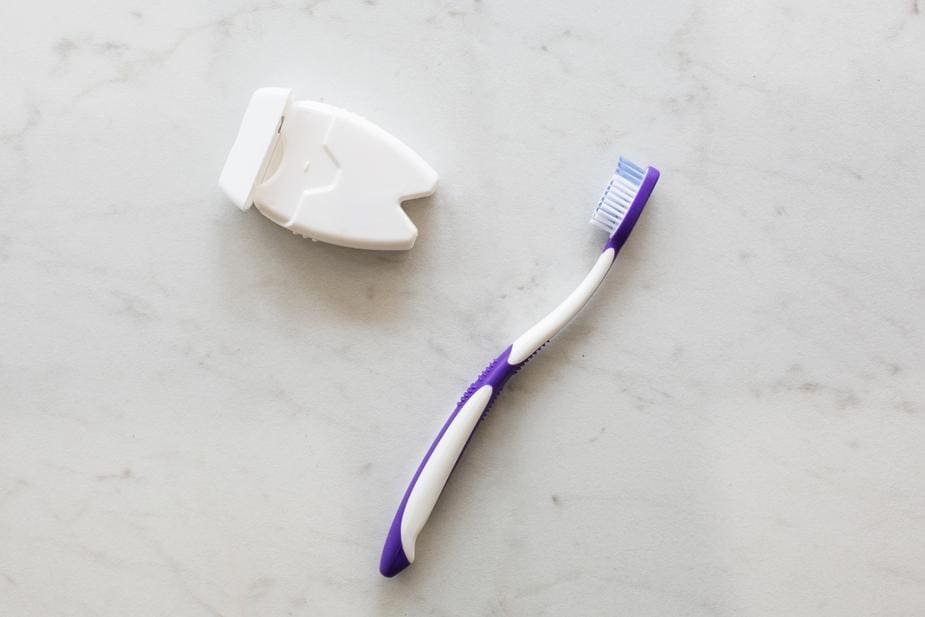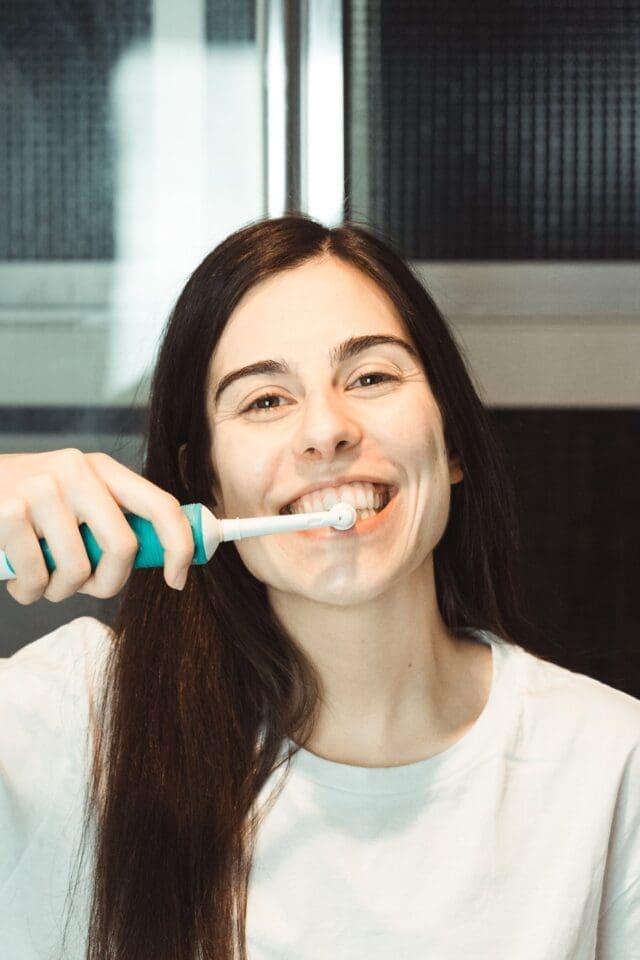Brushing twice a day and flossing regularly are two excellent ways to keep your teeth healthy. Even though both activities are simple, do not be surprised if you discover you’re doing them incorrectly. The best thing you can do for your teeth and gums is to practice proper oral hygiene routines for your oral health and avoid common mistakes.
You should consult dental professionals if you are facing trouble with your mouth. While most people are aware of the need for brushing and flossing regularly, you may be making other oral hygiene mistakes that are preventing your mouth from being as healthy as it may be. The following are some of the most typical oral hygiene mistakes.
Brushing Your Teeth Too Infrequently
Brushing your teeth an hour after eating or drinking is ideal, but it is not a practical option for most individuals.
Brushing at night is especially crucial for preventing tooth decay, gingivitis, and other dental issues. Your teeth have many food particles and germs on them, and if you don’t brush before night, the bacteria will feed on the particles and cause tooth decay. Saliva generally aids in the cleaning of your teeth and the reduction of harmful microorganisms. However, your body does not generate as much s when you’re sleeping.
Brushing Too Thoroughly
While it may appear that brushing your teeth hard and quickly will get them cleaner, it is recommended to use a much softer touch. When you apply too much pressure to your teeth, the enamel begins to wear away, and your gums may recede. Clean with a lighter touch to safeguard your teeth; you should not hear loud scrubbing noises when you brush your teeth. If you have trouble brushing gently, certain electric toothbrushes contain pressure sensors to tell you when you are brushing too hard.
Flossing Refusal

If you skip flossing due to bleeding, the truth is that you need to floss more than ever. Gum disease is frequently caused by poor oral hygiene, and untreated gums bleed easily when touched. To see significant changes in your oral health, try a one-week challenge of flossing every day. If you have continuous bleeding and oral pain, you may have gum disease and contact a professional doctor.
Brushing your teeth once a day
Many of us with 9-to-5 jobs feel compelled to brush our teeth first thing in the morning to avoid bad breath. With only a one-hour lunch break, it is all too easy to forget to touch in the middle of the day. As you slip into bed fatigued after a long day, commute or drive home, eat supper, and perhaps indulge your sweet taste with dessert, the prospect of evening brushing seems overwhelming.
By the end of the day, you have a large amount of food debris trapped on and in between your chompers, now is the time to break this smile-damaging practice. Additionally, when you sleep, your mouth produces less saliva, which aids in bathing your teeth, and you should brush once at night.
Brushing your teeth right after a meal is not a good idea.
Even though dentists advise brushing your teeth after each meal, this does not mean you should do it right afterward. As the acids and sugars in the food you ate temporarily damage your enamel, dentists recommend brushing your teeth 45 minutes to an hour after you eat. Brushing right after a meal might further wear down your thin enamel.
Final thoughts
Dental and oral health is critical components of general health and well-being. It would be best if you did not put off seeing your dentist until you’re experiencing symptoms. Without adequate dental hygiene, bacteria can build up to the point where they cause oral infections, including tooth decay and gum disease. So by now, you might be aware of the importance of maintaining oral hygiene.
Gums are pink and do not bleed or pain when brushing or flossing. The earlier you acquire basic oral hygiene practices like brushing, flossing, and limiting sugar intake, the easier it will be to avoid expensive dental operations and long-term health problems.
Featured Photo by Avelino Calvar Martinez from Burst




